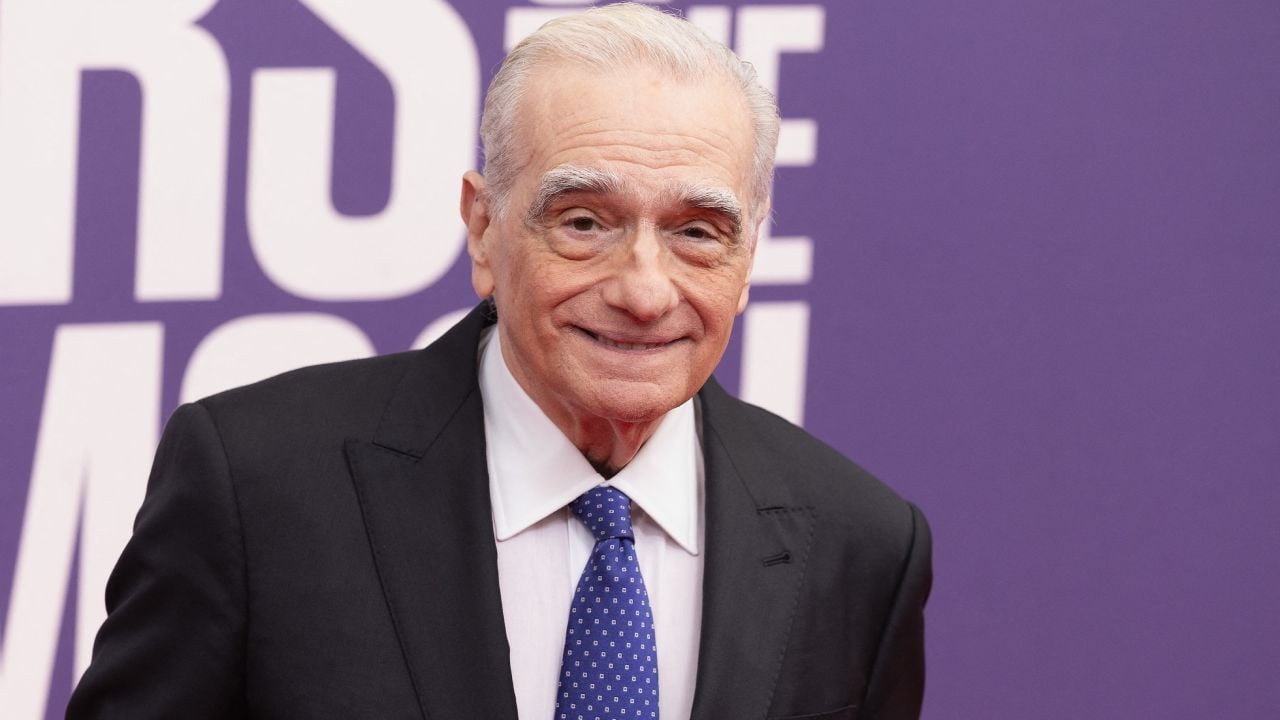Since 2012, one of the most successful reality shows in the United States is, without a doubt, “Kilos mortales”, which depicts several morbidly obese patients who seek a better life, through surgeries and changes in habits.
What is Dead Weight?
Originally called “My 600-lb life,” this series originally aired on the TLC network and each episode documents, over a year (six months in recent seasons), the lives of morbidly obese people, who generally begin the episode weighing at least 600 pounds ( about 272.2 kg), and you want to lose weight at a healthy level.
Patients are seen in Houston, Texas by Iranian-American surgeon Younan Nowzaradan.
Why do you want to lose weight?
The main reasons why Deadweight patients want to lose weight are: to have a better lifestyle, for health (since they don’t want to die young), to live a “normal” life, to live with their children (they play with take them to the park and have fun) and improve their self-esteem (they don’t feel like the person they see in the mirror).
Some people set small goals and achieve them little by little until they reach their goal.
10 Things We Learned About Weight Loss And The Gastric Sleeve On ‘Kilos Mortales’
1. All patients eat fast food
At the beginning of each episode we realize that all the morbidly obese patients without exception have a diet based on fast food and soft drinks. Quitting this type of diet is always the first step to improvement, however, many of them relapse.
2. You must lose weight before surgery
Some of the patients go to Dr. Nowzaradan thinking that the surgery will make all the difference and make them lose weight on their own, however, this is not the case.
The first step for the doctor is to realize that people will be able to change their unhealthy habits, since if they continue with the same pace of life, surgery will not help.
In many cases, patients need to lose weight before undergoing gastric bypass or sleeve gastrectomy, so the doctor prescribes a strict diet (usually 1,200 calories), plus some movement or exercise.
3. Many of the patients suffer from other diseases due to obesity
Repeatedly, patients suffer from lymphedema (tissue swelling caused by a build-up of protein-rich fluid that is generally drained through the body’s lymphatic system), which makes it difficult for them to move and must be removed once they lose weight.
During weight loss, surgeries are also likely to be performed to remove excess skin from the body that has been left hanging.
There are also some cases in which the gallbladder can fail during weight loss and the doctor must remove it.
4. Family and who cooks plays an important role
Family support is vital to weight loss.
Many family members caring for people with obesity ate foods high in fat and carbohydrates, which did not contribute to their weight loss. Others continued to eat this type of food even if their family member was on a diet, refusing to change their eating habits, and some felt more “pity” for their partners or children who “suffered” with the diet and continued to they give them food that was forbidden by the doctor.which represented a setback in the process.
5. Getting out of a sedentary lifestyle is key
The vast majority of patients proved that movement and exercise contributed greatly to weight loss.
Many made excuses for not even walking, doing everything out of bed because of the pain involved in just getting up, but in the end they showed that everyone could do it. Few patients needed to see a therapist.
6. What is gastric bypass surgery?
Bypass is a type of weight loss surgery that involves creating a small pouch from the stomach and connecting the newly created pouch directly to the small intestine. After gastric bypass, the food eaten will enter this small stomach pouch and then directly into the small intestine, bypassing most of the stomach and the first part of the small intestine.
This operation helps in weight loss and reduces weight related health problems such as: heart disease, reflux, diabetes, infertility, reflux etc.
However, this surgery is only performed after you have tried to lose weight with better eating habits and exercise.
7. Surgery is not 100% effective
At the beginning of the program there is always a warning that gastric sleeve surgery only works in the long term in 5% of cases.
Dr. Nowzaradan explains that if patients go back to old habits, gastric bypass surgery no longer works as the stomach grows back.
8. We don’t balance the food
Most patients, when asked to consume more protein, consume only eggs, which are good for nutrition, but not in huge quantities, nor without varying other foods such as fish or chicken.
Others simply reject vegetables, which are rich in vitamins, fiber, minerals and other nutrients.
9. Everything is mental
Dr. Nowzaradan assures that you only need to have the will to lose weight, and in most cases having a clear goal helps you achieve your goals.
Many patients give themselves and doctors excuses not to commit to weight loss, many others “play the victim” and others “marry” themselves to the idea that no one will be able to help them.
Others give themselves “permission” to eat whatever they want mid-diet, and when they don’t see results, they get depressed and go back to the same thing.
These types of patients are the most likely to fail.
Moreover, the withdrawal from the sedentary lifestyle proved to be purely mental and not so much physical as the desire to give up old habits that are harmful, as it never happened that a truly committed patient did not lose weight.
The belief system of the patients is also something dangerous, since many see food as a “reward” or something that “comforts” them from a bad situation, so they feel depressed cyclically due to being overweight, they eat to feel better and feel bad again, infinitely so.
10. Where does excess weight come from?
Generally, overweight people have suffered from bullying or perceive in their childhood that they were not accepted by their family because of their weight.
Others have suffered some trauma that they have not expressed, so in order to “soothe” and “soothe” themselves, they tend to have eating disorders or overeat, especially self-indulgent foods: high in fat and sugar .
Others know they are genetically predisposed to obesity, having parents (and even siblings) who have died young from obesity-related diseases such as diabetes.
Still others see sugary food as a “reward” and look for excuses to eat it.
Where to watch “Mortal Kilos”?
The chapters are on the ‘max’ and ‘Prime video’ platforms, although some episodes can also be viewed on YouTube.
Source: univision
Camila Luna is a writer at Gossipify, where she covers the latest movies and television series. With a passion for all things entertainment, Camila brings her unique perspective to her writing and offers readers an inside look at the industry. Camila is a graduate from the University of California, Los Angeles (UCLA) with a degree in English and is also a avid movie watcher.







